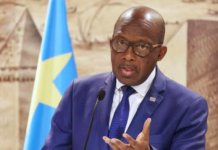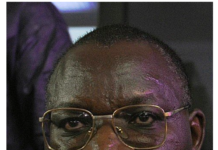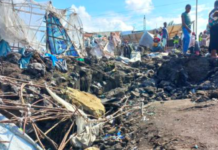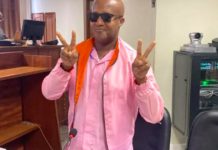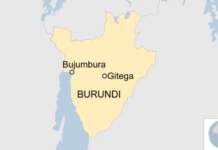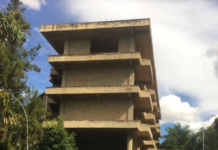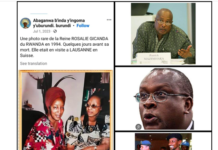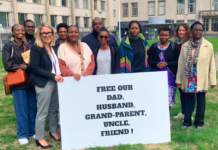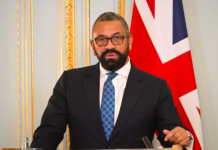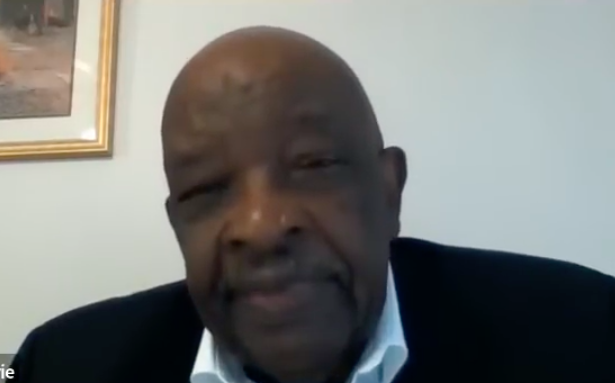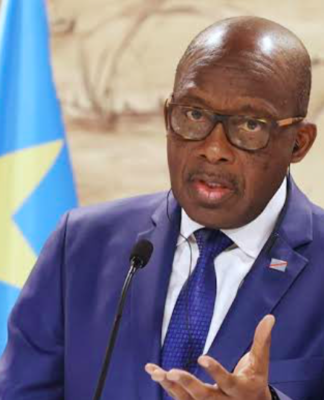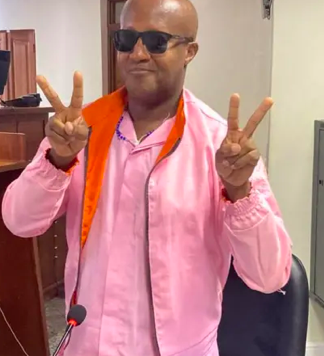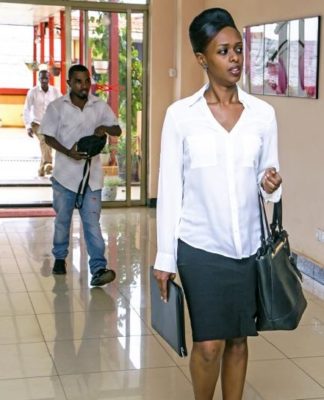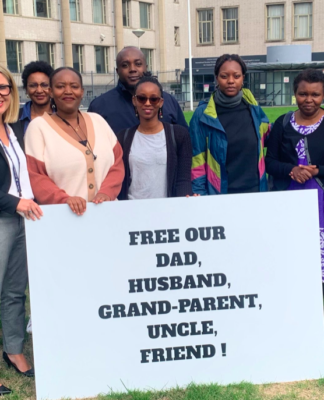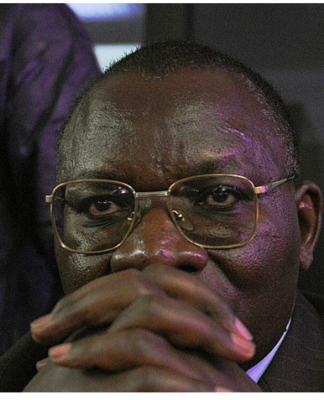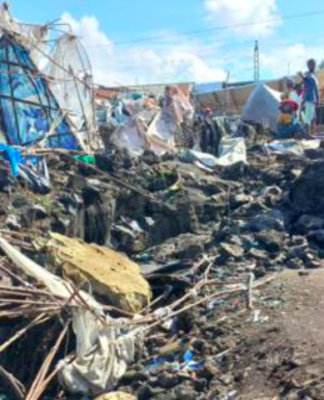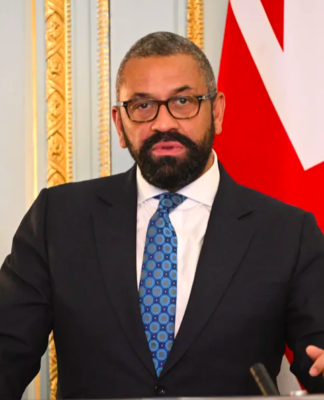Jean-Marie Vianney Higiro, PhD, a former Rwandan government official and current professor of communications at Western New England University, addresses Rwandan youth on the 30th anniversary of the Rwanda genocide. Dr. Higiro’s unique perspective is shaped by his experiences as the former Director of the Rwandan Information Office (ORINFOR) and his subsequent life in exile in the United States.
From July 1993 to April 1994, Dr. Higiro served as the director of ORINFOR, during which he was deeply involved with various political factions in Rwanda. His tenure ended abruptly when he sought refuge during the onset of the genocide, leading to his permanent relocation to the United States.
In his message, Dr. Higiro critiques the prevailing narrative promoted by the current Rwandan government under President Paul Kagame. This narrative classifies all Hutu as perpetrators and all Tutsi as victims of the 1994 genocide, with the Rwandan Patriotic Front (RPF) as the liberators. Higiro argues that this oversimplification serves the political interests of the RPF by painting them as heroes and justifying their hold on power.
Dr. Higiro discusses the historical conflicts within Rwandan society, highlighting the political violence that has plagued the country long before the 1994 genocide. He brings attention to the “Bega and Banyiginya” political violence, the socio-political changes during the colonial period, and the implications of the Hamitic hypothesis which positioned the Tutsi as a superior ruling class over the Hutu and Twa.
The RPF’s ascension to power and its subsequent actions are scrutinized by Higiro. He details how the RPF consolidated its power through military and strategic alliances with Western nations, particularly the United States and the United Kingdom, while suppressing dissent within Rwanda. Higiro accuses the RPF of barbarism in its military campaigns and of manipulating the international community’s perception through propaganda.
Dr. Higiro reflects critically on how the genocide is commemorated in Rwanda, pointing out that the official commemorations emphasize the victimhood of the Tutsi while minimizing the sufferings of the Hutu and Twa. He challenges the narrative that exclusively labels the genocide as an ethnic Tutsi tragedy and criticizes the use of genocide commemoration to further political agendas.
In concluding his message, Dr. Higiro calls for a new social contract among all Rwandan ethnic groups. He advocates for public debate and a collective reevaluation of Rwanda’s history and current political realities. His hope is that such a dialogue will foster a more inclusive and truthful understanding of the past, leading to genuine reconciliation and a sustainable peace in Rwanda.
On this 30th anniversary, Dr. Higiro’s message serves as a poignant reminder of the complexities of Rwanda’s history. His call to critically assess the dominant narratives and to acknowledge the diverse experiences of all Rwandans is a step toward healing the deep wounds left by decades of conflict.


